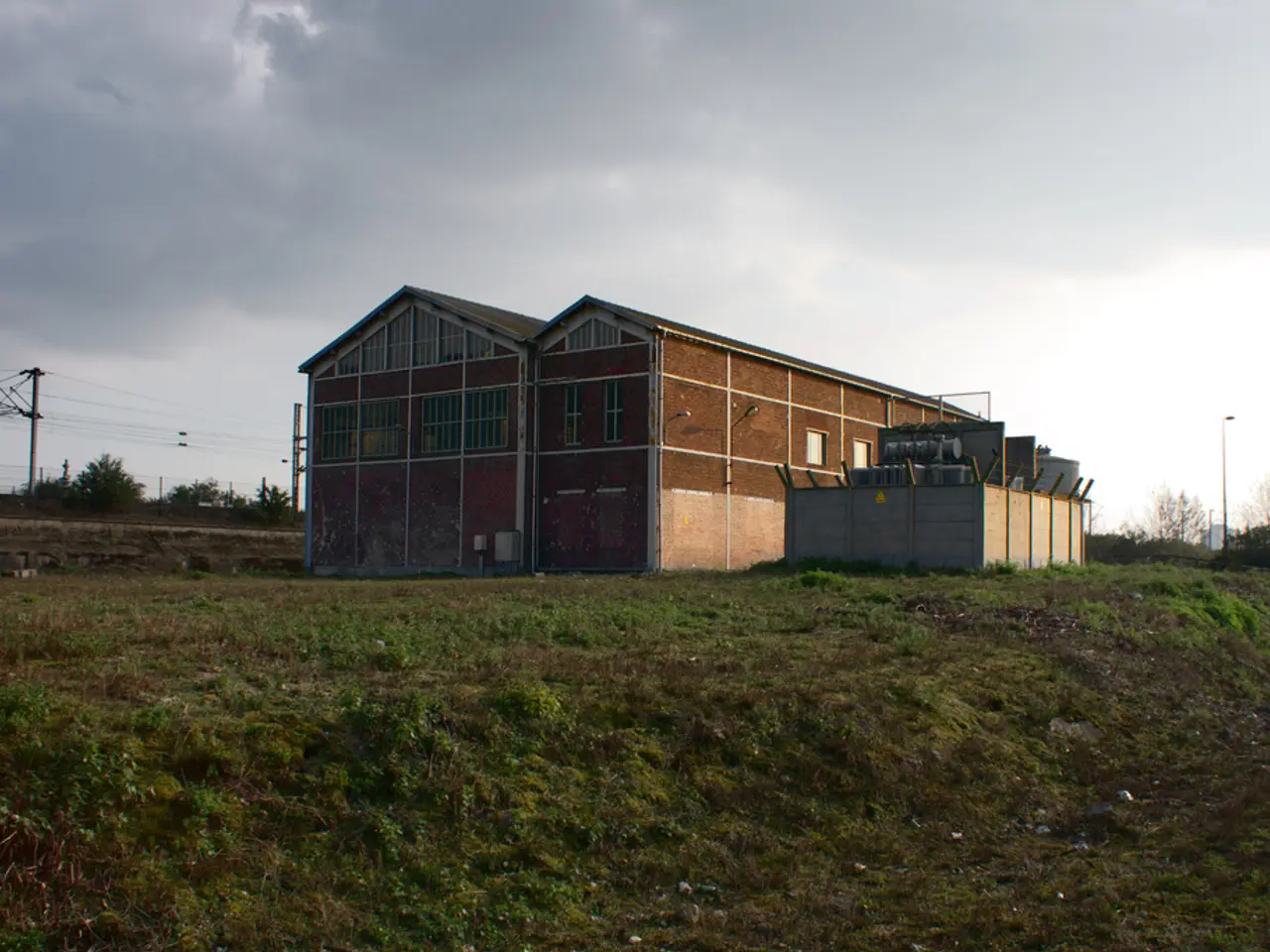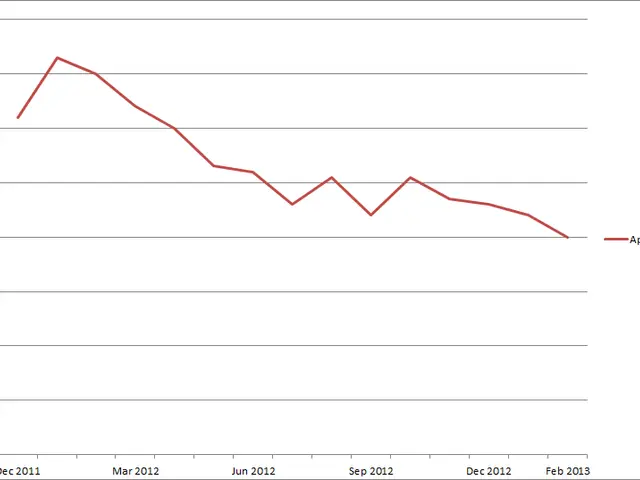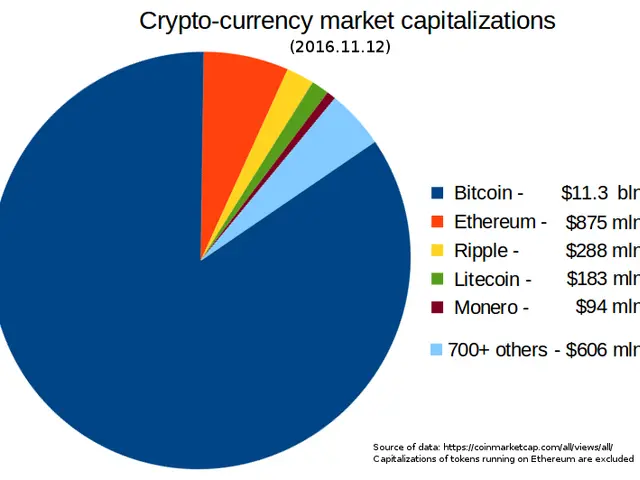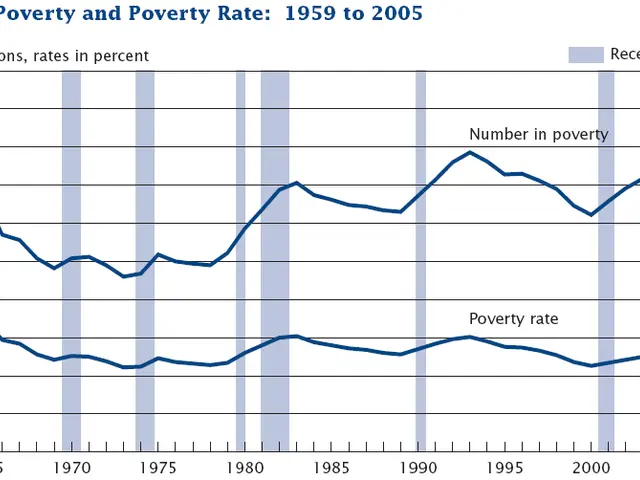Energy company NV Energy requests Federal Energy Regulatory Commission (FERC) authorization for offering a free exit option from the interconnection queue to wind and solar developers.
In a move aimed at streamlining the development of renewable energy projects, NV Energy has requested permission from the Federal Energy Regulatory Commission (FERC) to allow pending interconnection customers to withdraw their requests without penalty. This decision comes in response to changes in clean energy tax credit rules and actions by the Trump administration.
The utility company's proposal is part of a broader effort to help renewable energy developers focus on their most viable projects. According to the company, the waiver request could encourage uncertain projects to withdraw from the queue or terminate quickly without penalty, thereby allowing developers to focus on projects that can obtain tax credits, are not solar or wind, or are sited on federal land, or on projects that remain viable due to state renewable standards.
As of July 31, NV Energy had 49 projects totaling about 17,610 MW in its interconnection queue. Notably, about 80% of these projects consist of projects with solar or wind components. The rapid return of commercial deposits could provide a significant boost to these developers, enabling them to redirect their resources towards projects that are more likely to succeed in the current regulatory climate.
The Trump administration's revised tax credit rules and related policies impose stricter qualification standards, which could impede the growth and timely development of renewable projects in Nevada. These changes threaten to slow or halt many renewable energy projects by making it harder to access federal support, thereby potentially reducing the number of projects moving forward in the near term.
The utility company's decision to execute interconnection agreements with 27 projects that haven't come into service, totaling about 5,735 MW, was made from interconnection requests made after 2020. The BLM, which controls 67% of Nevada's territory, will need to personally review "every decision, action, consultation, and other undertaking" related to solar and wind development on federal land under its management.
This development follows a letter from Nevada Governor Joe Lombardo to Interior Secretary Doug Bergum expressing concern about the Department of Interior memo's potential impact on energy development in Nevada. The Solar Energy Industries Association and the Interwest Energy Alliance have also voiced their support for NV Energy's waiver request, highlighting the need for flexibility in the face of changing regulatory landscapes.
As the energy sector continues to evolve, utilities' traditional reliance on large power plants is shifting to a model that includes distributed energy resources such as rooftop solar, battery storage, and electric vehicles. This transition is expected to bring about a more decentralized and resilient energy system, but it also presents challenges in terms of managing the interconnection of these diverse resources.
In conclusion, NV Energy's waiver request is a response to the challenges posed by the Trump administration's revised tax credit rules and related policies. By allowing pending interconnection customers to withdraw their requests without penalty, the utility company aims to clear the queue, avoid unneeded disputes, and help renewable energy developers focus on their most viable projects. This decision underscores the need for flexibility and adaptability in the renewable energy sector as it navigates the complex regulatory landscape.
References: [1] [News article about the Trump administration's revised tax credit rules] [3] [News article about the impact of the Trump administration's policies on renewable energy projects] [5] [News article about the Department of Interior memo and its potential impact on energy development]








